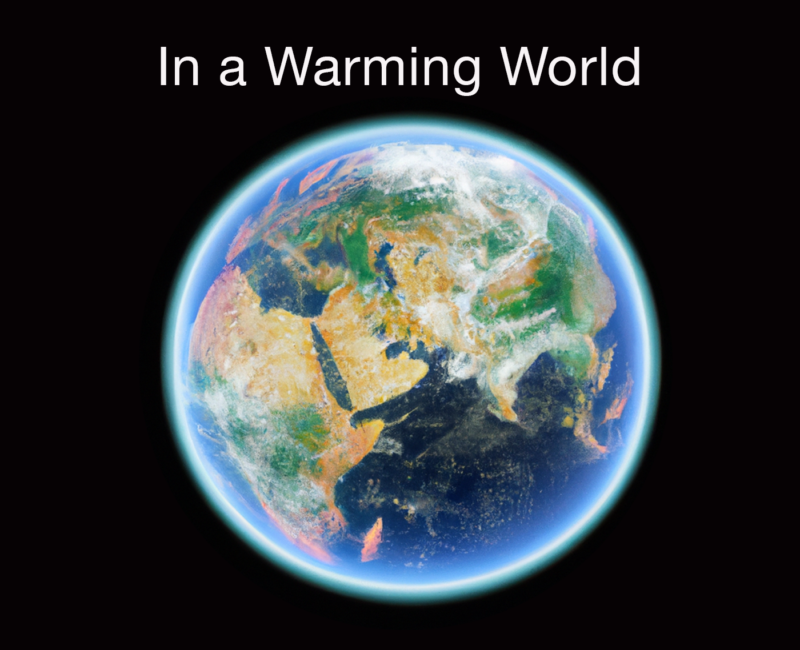Episode 5: Climate Change As Colonization
In this series we’ve addressed the ways climate concerns are stymied and undermined through explanations that reduce climate collapse to a kind of inevitability. While we’ve addressed proposed solutions to each of these framings that focus on one aspect, economic, political or ideas of human being, in this episode we’re going to look at an explanation of climate collapse that is systemic and similarly offers a systemic solution. What if climate collapse is understood as an effect of colonization?–a cultural system that introduced environmentally damaging social models like monocrop agriculture, an economic model that demands infinite growth, and the idea of humans as individuals who exist above and apart from other life. If understood this way, although the colonial cultural model is pervasive, it is not the only one. Thinking through climate change as a creation of colonialism, this episode will also explore alternative cultural models for growing food, exchanging goods and being human that can offer practical alternatives. We hope this final episode will serve as an uplifting and compelling way to not only understand why climate change is happening but what we can do about it.
Works Cited
Avatar. Directed by James Cameron, 20th Century Fox Entertainment, 2009.
Davis, Heather, and Zoe Todd. “On the Importance of a Date, Or, Decolonizing the Anthropocene”. ACME: An International Journal for Critical Geographies, Vol. 16, no. 4, Dec. 2017, pp. 761-80, www.acme-journal.org/index.php/acme…icle/view/1539.
Kimmerer, Robin. Braiding Sweetgrass: Indigenous Wisdom, Scientific Knowledge and the Teachings of Plants. Milkweed Editions, 2013.
Le Guin, Ursula K. The Word for World Is Forest. Tom Doherty Associates, 1972


